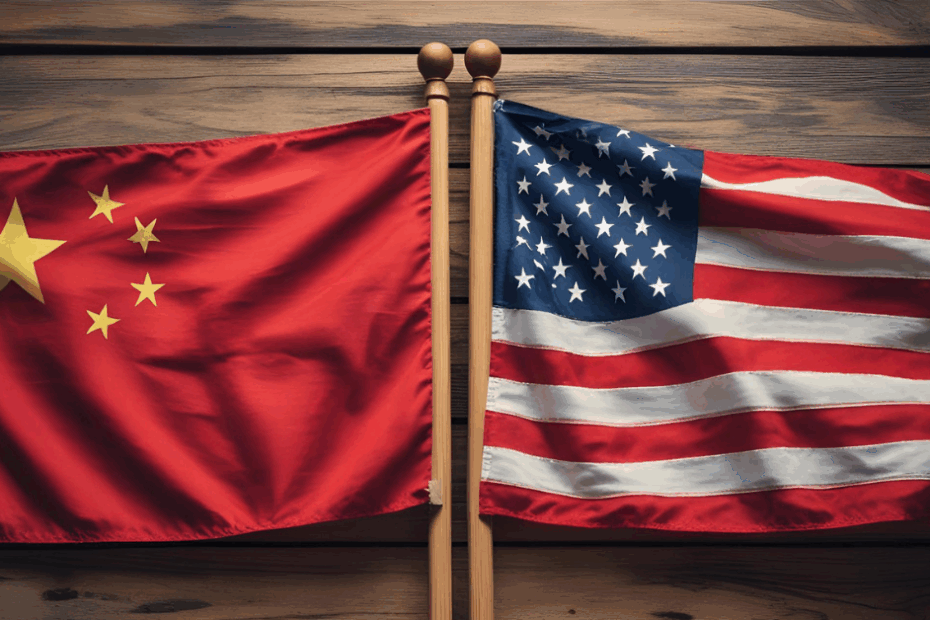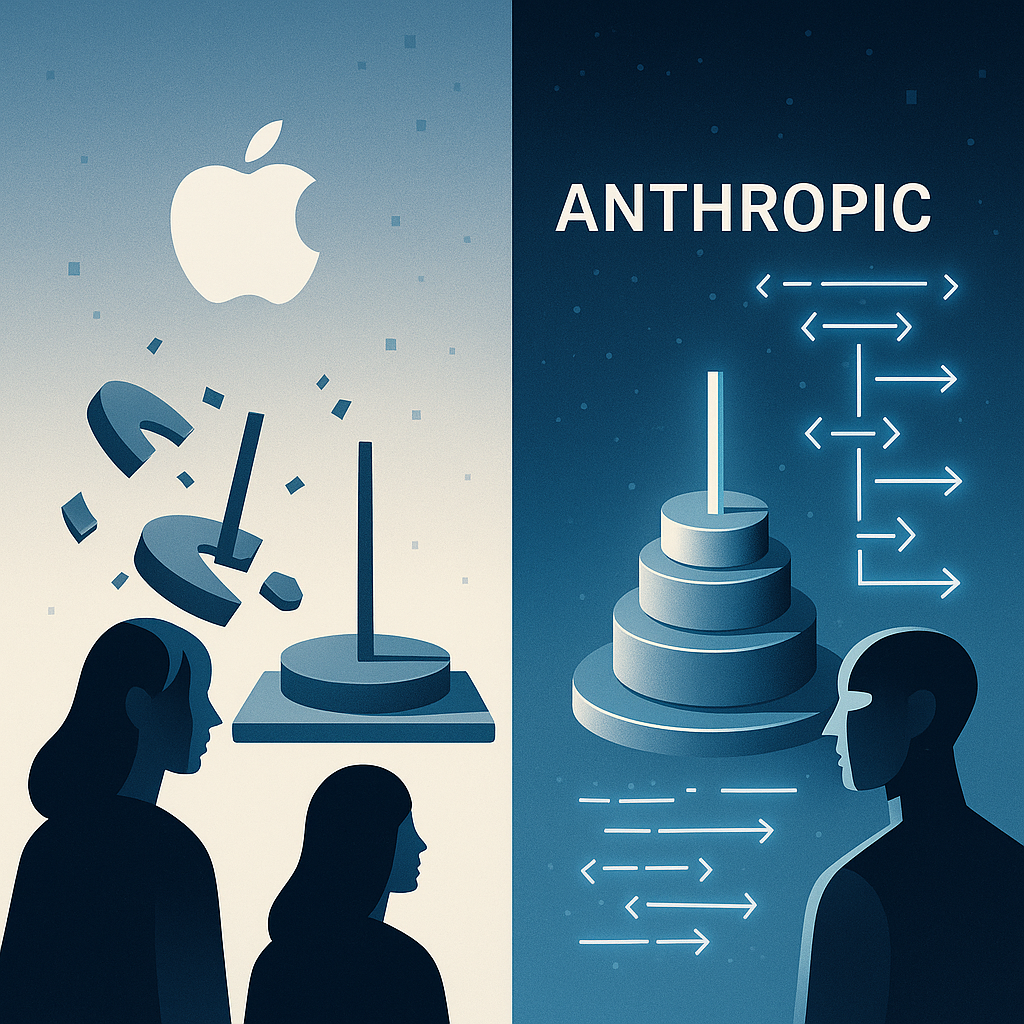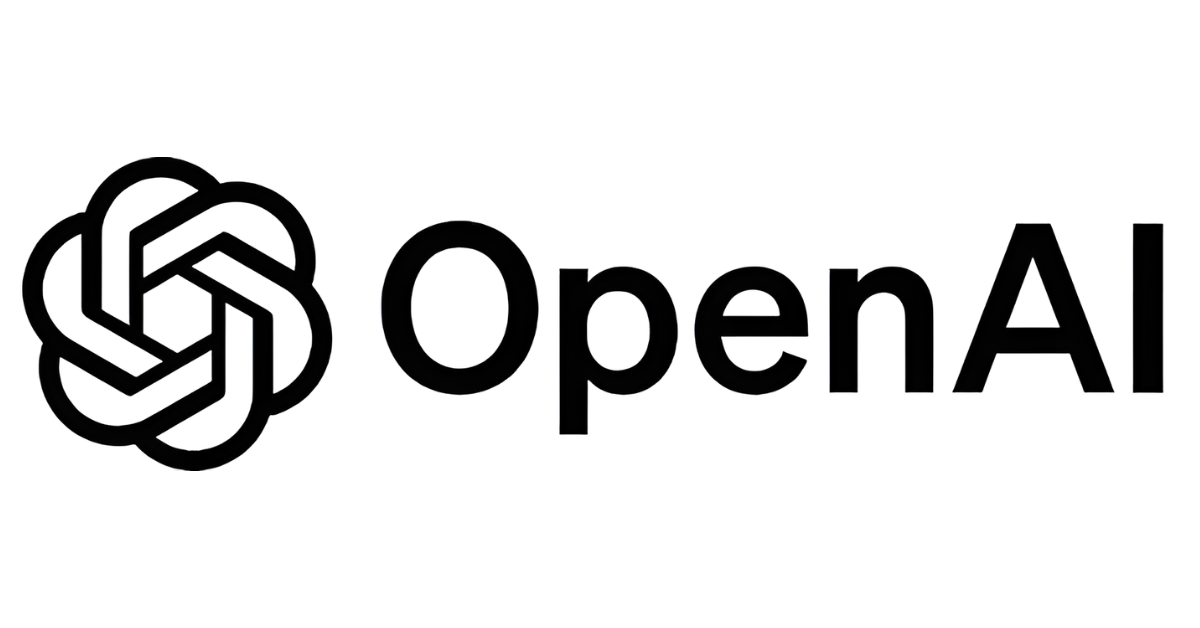China’s major cities are igniting a new wave in artificial intelligence, pouring vast financial resources into the sector. This intense domestic drive is escalating global competition with the United States, as Chinese companies actively pursue greater technological independence. The balance of global economic and strategic influence may ultimately hinge on leadership in AI innovation.
Shanghai recently unveiled a one billion yuan (US$139 million) subsidy package for its AI industry, earmarking funds for computing power, AI models, and training datasets. This significant investment is part of China’s fierce inter-city competition for technological dominance.
While strong funding exists, high operating costs sometimes push startups towards cheaper cities like Hangzhou, which also offers its own substantial AI support, reflecting a nationwide strategic priority.
Also Read: Z.ai launches GLM-4.5, open-source AI setting new benchmarks
Shanghai’s move aligns with the Trump administration’s comprehensive AI Action Plan, unveiled on July 23. This US strategy aims to lead the world in artificial intelligence, maintaining tight restrictions on key technologies while accelerating deregulation and infrastructure support.
The plan tasks the US Commerce Department with strengthening export controls and boosting oversight, even exploring tools to block access for “countries of concern.”
Despite US limitations, Bernstein analysts forecast Chinese domestic chips will capture 55% of China’s AI accelerator market by 2027, a dramatic increase from 17% in 2023. Export controls have uniquely positioned these domestic vendors by reducing direct competition from advanced global alternatives. Huawei’s Ascend 910C now approaches 65% of Nvidia’s high-end H100 capacity, showcasing ongoing technological progress.
Related: Samsung secures $16.5B deal to build Tesla’s next-generation AI chips
Bo Zhengyuan of Plenum suggests Trump’s approach shifts from containment to direct competition, with rhetoric becoming “more head-to-head.” Premier Li Qiang, at the World AI Conference, urged international cooperation, warning against AI becoming an “exclusive game.”
Bo adds that AI is a “long game” shaped by engineering, talent, and infrastructure. The outcome will depend on whether American restrictions or Chinese self-reliance proves more effective in driving innovation, with no clear winner expected in the next decade.





